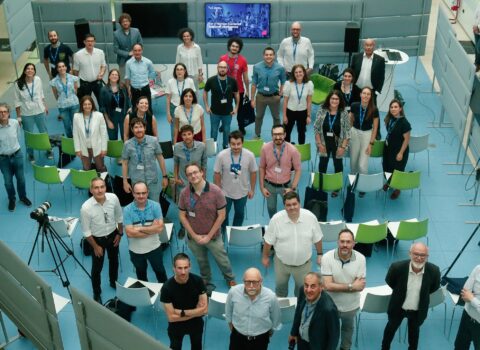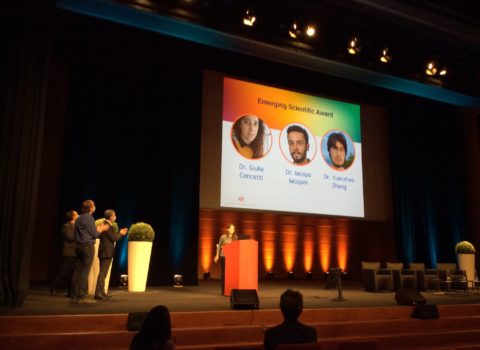
Looking at the city from above: when rooftops become inspiration
From the beauty of a London sunset to questions about urban mobility, Massimiliano Luca discusses how observing the city from above can ignite new insights into research.
There is a different way to explore the city, and that is by looking at it from above.
“Unfolding cities from rooftops ”is the paper published in Nature Cities written by Massimiliano Luca, FBK researcher and Science Ambassador. In his words, he takes us to the rooftop of London, transforming this space into an open-air laboratory for observing and understanding urban behavior.
A researcher at Fondazione Bruno Kessler’s Mobile and Social Computing Lab, Massimiliano Luca combines his work on mobility data with a thoughtful approach to the human dimension and social context. From above, observing the flow of people and vehicles, profound questions emerge: how do people move? Why are certain roads always congested? What role do technologies play in our daily movements?
The story is not only suggestive, but also touches on one of the central themes of his research and his role as a Council member of the Complex System Society: the city as a complex system, where each individual behavior influences and is influenced by the whole. As also explained in the article on “Complex Systems: understanding complexity to address global challenges,” tackling urban issues – from congestion to sustainable transportation – requires tools that can grasp the dynamic, adaptive and interconnected nature of these urban ecosystems.
And it is this insight, creative and scientific at the same time, that makes Luca’s story unique. Rooftops become spaces of reflection and inspiration, where every sunset and every nighttime city light open windows to possible new insights. A place to pause, but also to receive inspiration: “I hope your next moment on a rooftop will make you see the city with different eyes,” Massimiliano concludes. An invitation to slow down, observe and be inspired. Because sometimes, to really understand complexity, you just need to change your perspective.





